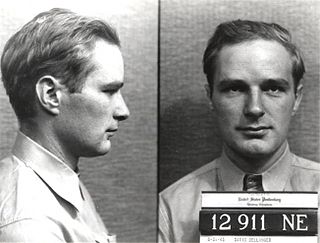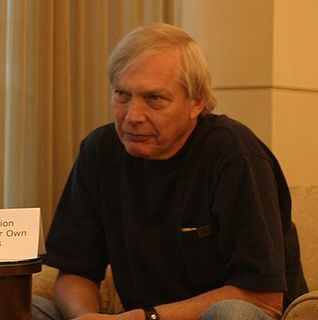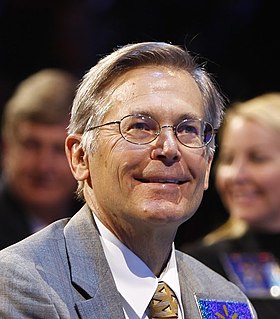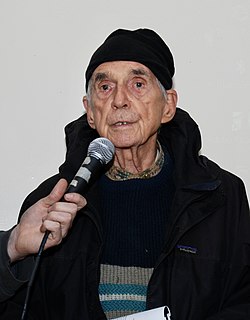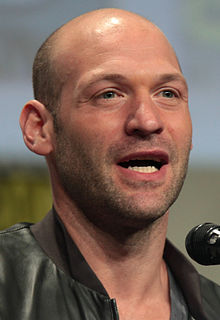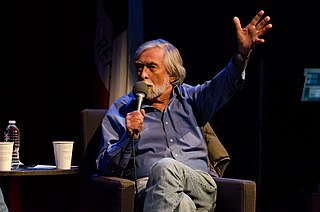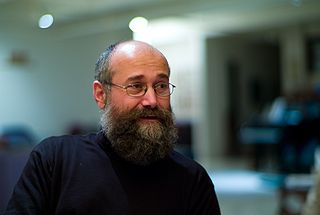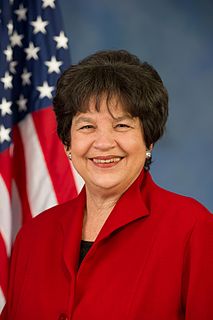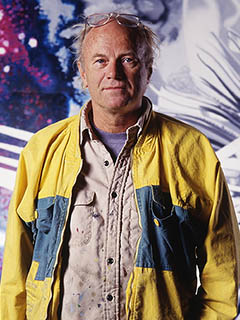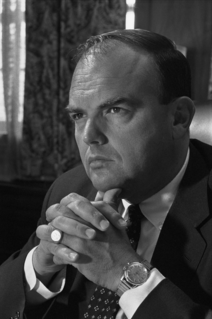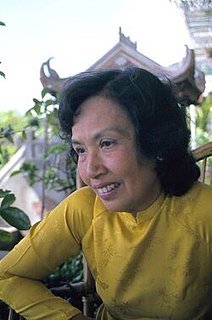Top 38 Antiwar Quotes & Sayings
Explore popular Antiwar quotes.
Last updated on April 20, 2025.
Many of the points made by the antiwar movement have been consciously assimilated by the Pentagon and its lawyers and advisers. Precision weaponry is good in itself, but its ability to discriminate is improving and will continue to improve. Cluster bombs are perhaps not good in themselves, but when they are dropped on identifiable concentrations of Taliban troops, they do have a heartening effect.
The responsibility for the risks we posed to others in some of our most extreme actions in those underground years never leaves my thoughts for long. The antiwar movement in all its commitment, all its sacrifice and determination, could not stop the violence unleashed against Vietnam. And therein lies cause for real regret.
When are we left-wingers going to learn that we are losing the cultural and political battle with conservatives because we are fractured into narcissistic special-interest groups? Why should an antiwar protestor be so concerned about her dietary identity? The political opinions of vegetarians and meat-eaters are, after all, equally important. And what does it tell us about vegetarians that it would never occur to meat-eaters to carry a sign that reads "Pacifist Pork Chop Lover for Peace" or "Backyard Rib Barbecuer for International Nuclear Disarmament"?
I don't think the American people had a clear picture of either Nixon or me. I think they thought that Nixon was a strong, decisive, tough-minded guy and that I was an idealist and antiwar guy who might not attach enough significance to the security of the country. The truth is, I was the guy with the war record, and my opposition to Vietnam was because I was interested in the nation's well-being.
When I began writing poems, it was in the late 60s and early 70s when the literary and cultural atmosphere was very much affected by what was going on in the world, which was, in succession, the civil rights movement, the antiwar movement, and the women's movement in the 60s, 70s, and into the early 80s. And all of those things affected me and affected my thinking, particularly the Vietnam War.
I happen to be one of those in the antiwar part of things who actually supported Bill Clinton when he sent the cruise missiles in to take out bin Laden. I had thought we had the right to use Special Forces to go in for bin Laden. He had attacked American embassies. He attacked ships. And so, I didn't see any need to coddle the Taliban.
Mother’s Day really was in its origin an antiwar day, an antiwar statement. Julia Ward Howe was sickened by what had happened during the Civil War, the loss of life, the carnage, and she created Mother’s Day as a call for women all over the world to come together and create ways of protesting war, of making a kind of alternate government that could finally do away with war as an acceptable way of solving conflict.
Antiwar protestors actually sabotaged and caused a huge amount of damage to military installations and military property during the war. I'm related to someone who caused some of that damage. I mean, it was real. I mean, there was a reason. I'm not defending it, but I'm saying it was not because they didn't like the politics of the protesters. The protesters were violent in a lot of cases.
The motion picture is like journalism in that, more than any of the other arts, it confers celebrity. Not just on people - on acts, and objects, and places, and ways of life. The camera brings a kind of stardom to them all. I therefore doubt that film can ever argue effectively against its own material: that a genuine antiwar film, say, can be made on the basis of even the ugliest battle scenes ... No matter what filmmakers intend, film always argues yes.
Like everyone else, I was at least peripherally involved in the antiwar movement. You woke up every morning feeling tormented about what was going on in Vietnam. It seemed to a lot of us like a catastrophe from the very beginning, inflicting immense and needless suffering on not only the American soldiers but on a lot of innocent peasants who were caught in a Cold War proxy battle - two million Vietnamese died during those years, and you woke up every morning knowing that that was going on.
[T]he Nixon campaign in 1968, and the Nixon White House after that, had two enemies: the antiwar Left, and black people. You understand what I'm saying? We knew we couldn't make it illegal to be either against the war or black. But by getting the public to associate the hippies with marijuana and blacks with heroin, and then criminalizing both heavily, we could disrupt those communities. We could arrest their leaders, raid their homes, break up their meetings, and vilify them night after night on the evening news. Did we know we were lying about the drugs? Of course we did.
Bush has not read enough books to have a developed moral sense. The fewer books you read, the easier it is to become fundamental. In some ways my antiwar stand here is also a stand on anti-literacy. Someone should get G.W. into a reading program, get him to join a book club. Have him read Hamlet, King Lear.
